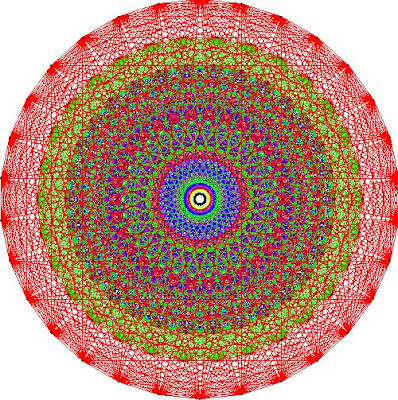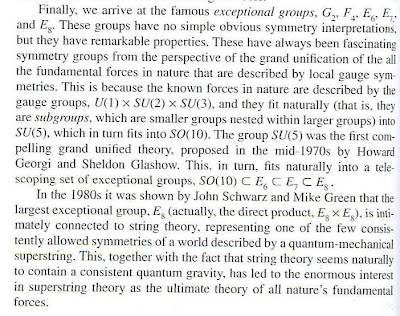May 1 - 4, 2009
Perimeter Institute
The Perimeter Institute conference on economics is being organized in an effort to better evaluate the state of economics as a predictive and descriptive science in light of the current market crisis. We believe that this requires careful, dispassionate discussion, in an atmosphere governed by the modesty and open mindedness that characterizes the scientific community. To do this we aim to bring leading economists and theorists of finance together with physicists, mathematicians, biologists and computer scientists to evaluate current theories of markets, and identify key issues that can motivate new directions for research.
The conference will begin on May 1, 2009, with a day of invited talks by leading experts to a public audience of around 200 on the status of economic and financial theory in light of the crisis. We will then continue for three days of focused discussion and workshops with an invited group of around 30, aimed at defining research agendas that address that question and beginning work on them.
To register for this conference, please click here.
International Organizing Committee:
Mike Brown, ex CFO Microsoft, ex Chair NASDAQ
Richard Freeman, Harvard University
Bill Janeway, Senior Advisor and Partner at Warburg Pincus LLC and Cambridge University
Stuart Kauffman, University of Calgary
Zoe-Vonna Palmrose, University of Southern California
Lee Smolin, Perimeter Institute
Eric Weinstein, Natron Group










